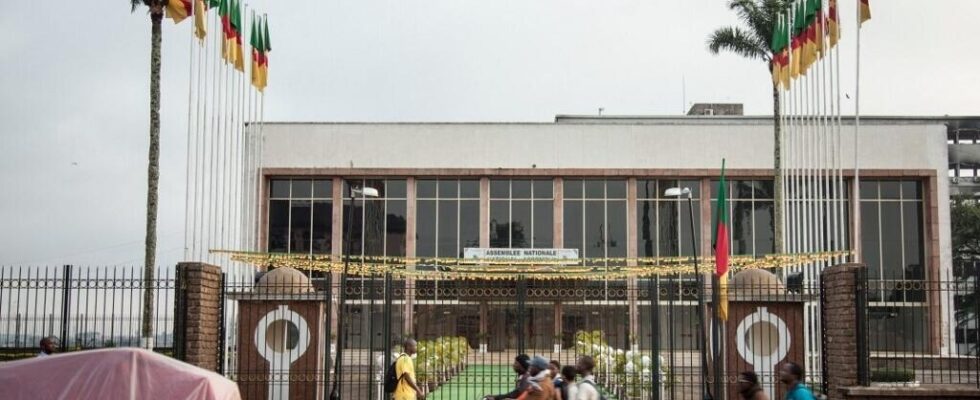This Tuesday, July 9, the Cameroonian National Assembly adopted the bill extending the mandate of deputies. Initially running until March 10, 2025, it is extended until March 30, 2026. The same applies to municipal elected officials, but to extend their mandate, there is no need to go through the National Assembly.
1 min
The electoral calendar is therefore modified and there will be no legislative and municipal elections at the beginning of next year before the presidential election in October 2025. A ” gap ” justified by the authorities in the face of the significant material, human and financial deployment that the organization of elections constitutes. In fact, thus postponed, legislative and municipal elections will be even closer to the presidential elections than if they had been maintained in the first quarter of 2025.
” The exception has become the rule,” comments a Cameroonian analyst. This is the third consecutive time that the mandate of the 180 members of the Assembly has been extended. Technical and financial argument: the government newspaper Cameroon Tribune evokes the State’s cash flow difficulties and ” the path of realism » chosen by President Biya.
For civil society actor Hilaire Kamga, a specialist in electoral law, the challenge for the government and the majority party RDPC is above all to maintain the status quo and an advantageous balance of power in Parliament and at the local level, before the presidential election.
As for the impact of the mandate of the deputies on the candidacy of the opponent Maurice Kamto, the national secretary for communication of the party, Joseph Emmanuel Ateba declares that it does not change anything. Even if the MRC boycotted legislative and municipal elections in 2020, the party has several possibilities: obtaining 300 signatures of support, investiture by another party having an elected official or the rallying to the MRC of elected officials already in office.
